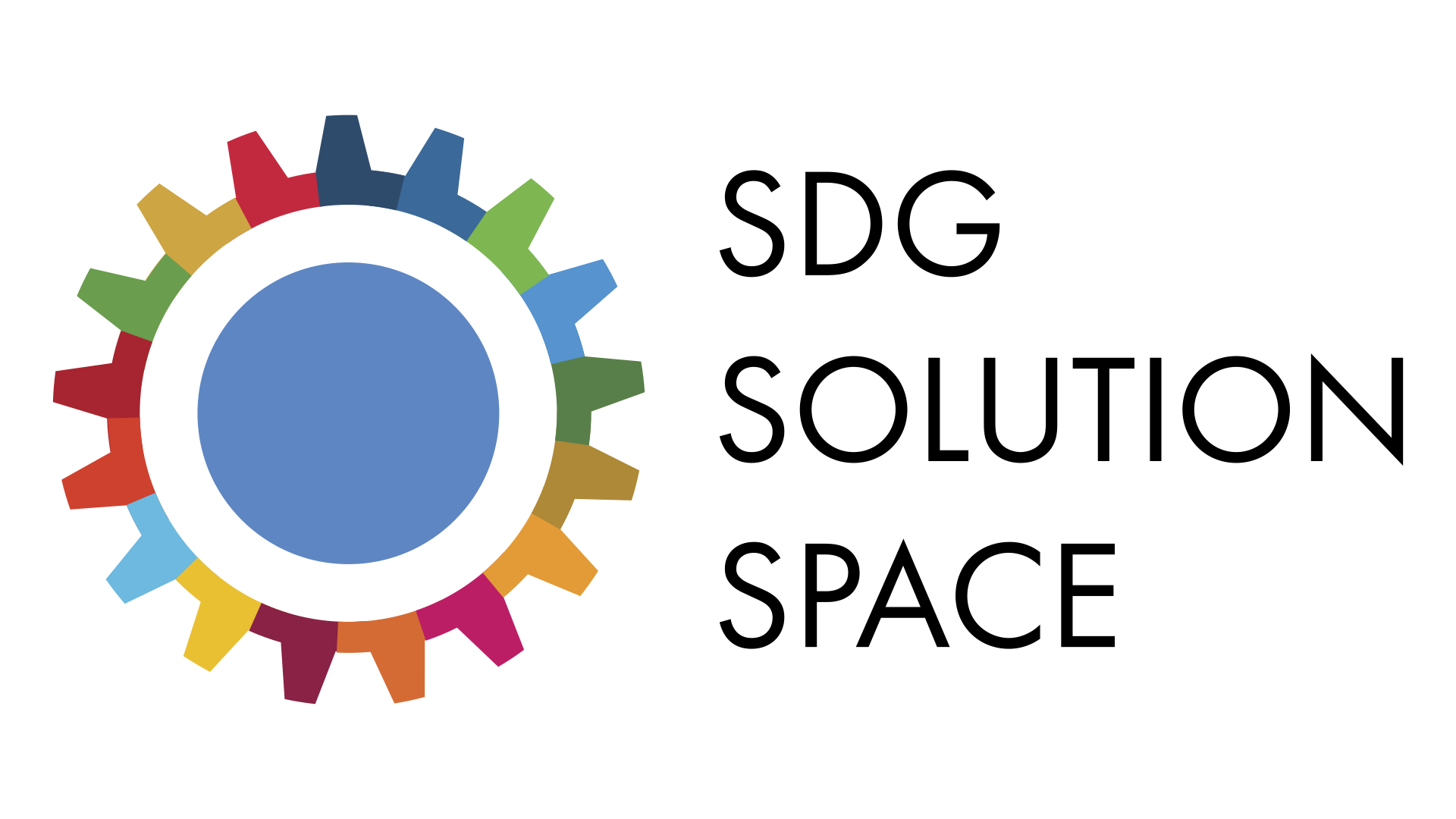On Monday, 25 October 2021, our Research and Innovation Methodology class had the amazing opportunity to hear from Karlee Schnyder, under the theme: Food production and SDGs.

Karlee Schnyder is both the Director and Youth Ambassador Coordinator at Real Food Systems, which is an organisation based in Geneva. She is an active advocate of solutions to the climate crisis.
Real Food Systems (RFS) is a Global Network that provides a new vision on food through youth-led projects and campaigns, and by promoting “real-time solutions to prevent climate catastrophe, through healthy food systems for future generations” (Karlee Schnyder). The organisation aims to grow a real food movement via youth empowerment, in order to foster “a transformed and sustainable future, where plant-based, whole foods are the foundation for human and planetary health”, says Karlee Schnyder.
OUR VISION: A TRANSFORMED AND SUSTAINABLE FUTURE, WHERE PLANT-BASED, WHOLE FOOD IS THE FOUNDATION FOR HUMAN AND PLANETARY HEALTH
According to the RFS’s Tookit Handout, “Real food is plant-based, fresh, not processed, home-cooked, locally produced and locally sourced.” Thus, the importance of real food systems is the contributing factor they play towards addressing the world’s health (Goal 3), nutrition (Goal 2 and 10) and environmental (Goal 11, 12, 13 and 15) crises. For example, Karlee Schnyder tells us that the existing food systems account for nearly 80% of biodiversity loss, 80% of deforestation and 70% of all freshwater use. In this regard, RFS has been crucial in creating awareness and spreading information on real food systems to various communities, both locally and internationally.
What are the main drivers of the problem?
According to the RFS organisation, there are two main factors driving unsustainable food systems in the world today. The most destructive is the massive scale of industrial animal farming in agriculture, which is largely characterized by the overuse of hormones and medications to meet food consumption levels. Secondly, one third of world’s farmable land has been lost in the past 40 years, leading to greater desertification. However, we CAN fix our food systems by introducing and increasing real food systems across the globe.
Karlee Schnyder says that it starts with asking ourselves the question; “where does my food come from?” Real food systems enable food production to be locally sourced and locally produced, in a manner that respects human health, animals, social justice, and the environment, and without making too many (artificial) alterations to the natural state of the food consumed. As such, many actions can be taken by consumers, farmers and contributed towards eco-healthy food production. Therefore, the food agenda is about bringing public and private efforts together in order to scale up solutions.
Internship Opportunities
for students to work with the RFS team are available under the GTI Internship Programme. At the moment, the organisation has two openings for interns passionate about (1) real food systems and (2) climate sustainability. In addition, there is potential to carry on working at Real Food Systems after your internship programme. RFS is also currently undergoing phenomenal structural change- as it turns into an NGO- making it a very exciting and opportune time for you to join the organisation. Interested candidates should be able to work for a minimum of 3 months, but preferably for at least 6 months.
![]() You can find out more about RFS’ youth projects and campaigns here: https://www.realfoodsystems.org/
You can find out more about RFS’ youth projects and campaigns here: https://www.realfoodsystems.org/

